|
Only when I expressed an interest in joining superyachting did I realise how common a gap year it is among restless (and privileged) twenty-somethings. Some stay longer than a season, and some peel off after the first few weeks. The industry relies on two unchangeable facts, but so far, these are the only certainties I have encountered. 1. There will always be a certain crème of the über-elite who take to the western Mediterranean during the summer to cruise and booze about the crystal blue. 2. Their vessels need servants - and lots of them. A friend wryly summarised life at sea as 'boats are floating problems'. Add dinner service, expensive linen and crystal ornaments, and you have your hands filled beyond capacity. What I like about the experience The people Working to deliver worldclass service to a multimillionaire seems like a losing battle. Those that try ('yachties') tend to be of a particular breed, and they make everything feel like an adventure. Almost everyone here has at some stage pulled themselves up by their bootstraps and is accustomed to leaping into the unknown with a near-empty bank statement. The industry requires an unusual mix of easy extrovertism and comfort with being almost totally alone when relieved from sharing a cramped crew cabin for extended periods of time. Most of the people I have met are charming, generous and spontaneous, and many have experienced some of the world’s greatest natural beauty first-hand. I've gravitated to people who are happiest when hiking a secluded route or meandering the streets of the old town when they come ashore. This wanderlust often comes with a heavy party habit and a loose approach to friendship. Yachties are a decent sort, but the inconstancy of the industry contributes to their leathery exteriors. Everyone is either coming or going, and they will happily share a bus, pay for a drink or offer to distribute your CV. Don’t necessarily expect to stay in touch. If you bump into each other, however, you can count on the same warmth and wicked humour. The dramatic landscapes The Balearic Isles are riddled with hidey-holes that are only accessible by boat. One of the greatest joys of braving the day and emerging from my cabin is opening my galley door. Somehow, the other side always surprises me. Volcanic cliffs, secluded calas, isolated caves, even Dolce and Gabbana's metallic starboard beam blaring Clapton's "Cocaine" as they eat breakfast: the workday invariably begins with a boom, and the surroundings usually match. Most seasoned crew will cite the tax-free salary and reduced living expenses as the greatest perks. The fallacy that is marketed to newcomers is one of extensive travel and fast money. Money won't get you through the long days, and working to maintain a boat keeps the crew locked in 'transit' rather than 'travel'. The guests are on holiday, not the staff, and being unable to access land gets old after a few weeks. Panoramas shift between such extremes that to some, they become unremarkable. So what gets me through the cabin fever and hard days? In all seriousness, having nature shoved so far up my nose that I can taste it (and it's salty, if there was any doubt). The physical work Working on a smaller boat means that my role blends between departments. Though I spend most of my time cooking, I also maintain the interior, ensure that laundry and cabins are spruced and sparkly, choose the wine, manage provisioning (a massive undertaking for such a short word), and serve the guests. I have learnt more about food sanitation, cocktail preparation and cheat ironing methods than I suspect I could possibly need on land. However, I am also required to help with anchoring, berthing, fuelling (4000L at 50L/min is no joke), moving the tender and handling fenders and lines. Though I haven't exercised in more than two months, my fitness is kept in check by moving for 16 hours a day. I came into the industry as a stewardess and am fortunate in that I understand more about the mechanics of the vessel than most other girls in my position. The reality is less picturesqueIt's hard to break in In truth, entering the industry without prior experience in a 5-star hotel is pretty tricky. There are other points that raise eyebrows: the hours are near-permanent, the good jobs don't go to new crew, and there is no job security. In this fickle industry, ‘longevity’ on the same boat is anything from a season upwards. Everyone is dispensable and it is a numbers game based on the timing of a punchily-phrased email as to whether or not one secures work. My least favourite part of starting as a greenie was the seeming pointlessness of the tasks I was set. But trimming the loose threads from the bath towels, shining interior cupboard hinges and polishing cutlery that may never get used is what makes guest experience that smidgeon more perfect - and therefore no task is too menial. Superyachts are not for anyone who finds ironing the creases out of a dressed bed futile. Embracing complete uncertainty I mentioned that there is only one constant, and that is the complete inconstancy. I got my first job eight hours after losing my accommodation, with no replies to the two hundred or so mails I'd fired off over the past week. I was considering returning to au pairing and catching a breather from the high-intensity nothingness of trying to convince someone to take a chance on me. It turns out I was not experienced enough for the first position I landed, and was fortunate enough to secure a job on my second boat a mere two hours after I was asked to leave. The superyachting industry is exciting because there is never a set plan - I have no idea where I will be this time next week. However, the volatility of the industry as a whole is draining. Every week, another friend has moved boats or changed jobs. It makes scheduling impossible. Two friends from back home flew into Palma de Mallorca to see me, but due to a last-minute change in the boat's itinerary, this became the day I set sail for Ibiza. My boat re-entered the marina 8 hours after their flight back home departed. South African superyachties have a repI've had a lot of questions about how I came to be where I am. For anyone looking to learn more about the practicalities of joining the Med season as a Saffa, the rest of this post is pretty long and delves into that in a fair amount of detail. Breaking into superyachting as a South African can be expensive, because it feels as though everyone is either trying to sell something or peddle anecdote as common knowledge. It is also harder to break into yachting as a South African than say, someone from the EU, without the stringent Schengen visa restrictions. To top it all off, there is an overwhelming surplus of proudly-SA 19 year-olds with little or no experience, who eagerly flood a yacht's inbox when any position is advertised on one of the community's Facebook pages. In Palma, it is impossible to escape my homegrown accent. I regularly have the teasing Johannesburg vs. Cape Town argument, only to catch myself with the realisation that we are standing ...¿en España? The generalisation that South Africans in superyachting party too hard and work too little could be founded (we loudly dominate the pubs), or may simply be due to the fact that we outnumber most other nationalities. For a boat trying to maintain diversity in crew dynamic, it becomes exhausting to see yet another Hermanus-born bloke in a polo grinning up from the computer screen beneath the keyword "fast learner". Everyone's an expert Anyone can tell a newcomer (especially one who has just paid them for training) that they are guaranteed a job if they follow steps x, y, and z. Everyone bashes on that bigger boats are better boats, and that something will turn up soon. Stay positive. Keep looking. To be honest, I’m intimidated by the monster yachts I’ve seen floating around Monaco - any boat over 40m starts to look like a cruise liner to me. Boats come in all shapes and sizes and they develop strange mutations the minute they are filled with people. Yachting is about nodding to everyone as you sprinkle their words with salt. Make up your own mind. A little of the legal: the South African loophole Getting into superyachting as a South African sounds questionable given the fact that the job hunt happens on a tourist visa. Many agencies will help with the acquisition of a multi-entry Schengen ‘yachtie’ visa, under the guise of facilitating employment by allowing one to legally cross between borders. I spent enough time calling agents and subtly visiting Capago and the French consulate to get what seems to be as much of the substance of a holey story as possible. Here it is in text, before I forget which steps became stumbling blocks as a newbie. Legally, one cannot work on European soil without a paperwork-intensive Schengen work visa. These usually require proof that the job you are performing cannot be performed by a local, and therefore you usually have to be pretty niche and qualified to obtain one. However, no country owns the ocean, and anyone can legally work at sea visa-free. However, if you plan on heading out of port to hike the Italian cliffs or ski in the Alps, that tourist visa could come in handy. Keeping on the legal side of the smudgy line: The process, beginning to end, looks something like this:
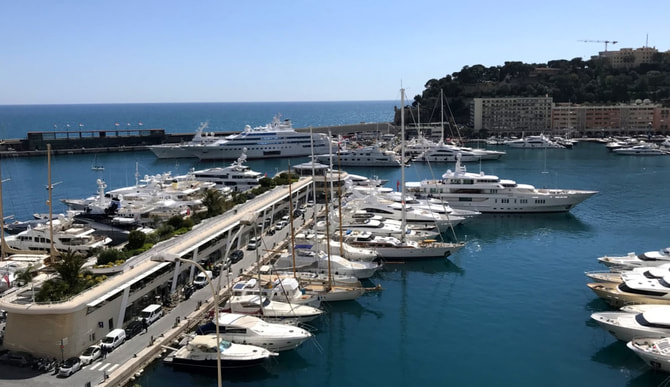 Monaco prepares for the Grand Prix Monaco prepares for the Grand Prix It’s costly without job security There is one problem with breaking into the industry and that is the immense up-front cost, particularly as a South African. I put all my savings into the courses and training, and trusted blindly that my first job would cover earning that back. These costs, both stipulated and hidden come from: The courses Legally, all seafarers are required to complete training to prepare them for safety at sea. The STCW stipulations cover fire fighting in confined spaces, life raft usage, personal safety and survival, security duties, and an awareness of the risks of stowaways, smuggling and piracy. It’s an exciting programme and an eye opener. The other courses out there include tender driving, food health and safety, service and wine/cocktail training, beauty therapy, massage or personal training. If there's a skill someone will pay to have onboard, there's a school that will make you pay for training ashore. The Schengen Visa This isn’t just the admission fee for the final document. Factor in the hidden costs: air flights and accommodation that must be booked up-front, travel insurance for the full visa duration, couriers and agency levies. The list goes on. It's a costly application. Travel arrangements, clothes and kit It’s expensive preparing for a season away in a foreign country. Factor in the bizarre clothing recommendations my training agency made and the zeroes rapidly accumulate. You don't need much more beyond socks and underwear - today is a stinking 32˚C. I am very grateful for the Jet store located just off Adderley St, Cape Town. They sorted me out with smart interview pants and pumps, all for under R120. I have since donated these in mint condition to the Red Cross - I leave something behind in every country I move on from. My pyjamas are somewhere in Nice Airport. Living expenses It took me approximately 3 weeks to find a job. It can be incredibly competitive for men, and they often take twice as long to land a permanent position. Many girls talk of landing a superb job while out partying with the seasoned crew. It’s rarer than it seems, and if you’re anything as fussy as me, it helps to do some saving first. I chose to au pair in Ireland for a while, which certainly contributed to my peace of mind in France. Italy is cheaper than Spain, which is cheaper than France. However, I studied French in Antibes and grew a soft spot for the vieille ville. There was no question that I would return to munch my way through every boulangerie on every corner. Landing a job offerEveryone wants to get their foot in the door, and it’s quite hard watching excellent candidates not get that post-interview callback. I’ve been very fortunate, but I am honestly not sure how much I have had to do with it. As I stated above, a lot of hiring relies on someone being in the right port on the right afternoon. I leant on many shoulders starting out, and so to pay it forward to anyone out there who may one day use the information, here is one formula that worked for me. Every personality is different, and yachts are about as diverse as any household from anywhere in the world - that is after all what they are. Big, expensive, shiny holiday homes filled with toys and gadgets and champagne. They look the same from the outside. They most certainly aren’t on the interior. Clothing I was instructed to wear the ‘typical dockwalker gear’. I did my very best and wound up feeling like a pubescent Tweedle Dee at a 60's pool party. I was cold, uncomfortable, and took the backs of my heels off during my first 20km stroll through Cannes. So I recommend great chinos, or jeans or pants - that pair you already own, and save for dinner with that relative. A freshly ironed collared shirt - blue, grey, or white. I wore them all. You're going to sweat. A lot. A blazer - because I’m a cold person and docks in the French drizzle are even more miserable than Spanish docks in the relentless sun. Dockwalking This is one of those character-building activities I think everyone should try once, like waiting tables or fixing plumbing. Nothing can bring you quite so close to your existential core as dockwalking will. One finds oneself questioning the actions that brought them to this particular moment, interrogating the subtleties of the past, and grappling with the meaning of it all. To add insult to injury, everyone can spot a dockworker from a mile away. Something about the dead look in their eyes and the eager stack of CVs protruding from a too-full backpack give it away in an instant. Needless to say, I gave this up pretty quickly. The cost in time, energy and physical Euros when I could achieve four times as many CV-shaped missiles into the inboxes of people actually seeking crew just wasn’t worth it. Most guys who come into the industry as deckhands will need to walk to distribute their CVs, as there are fewer positions advertised online and many more people to compete with on the ground. Do yachts actually call you back if you leave their CV under their mat? Suprisingly, yes. I dockwalked for three days, hitting four ports and distributed about forty copies of my CV in black and white, which translated into five calls for interviews and one job offer. 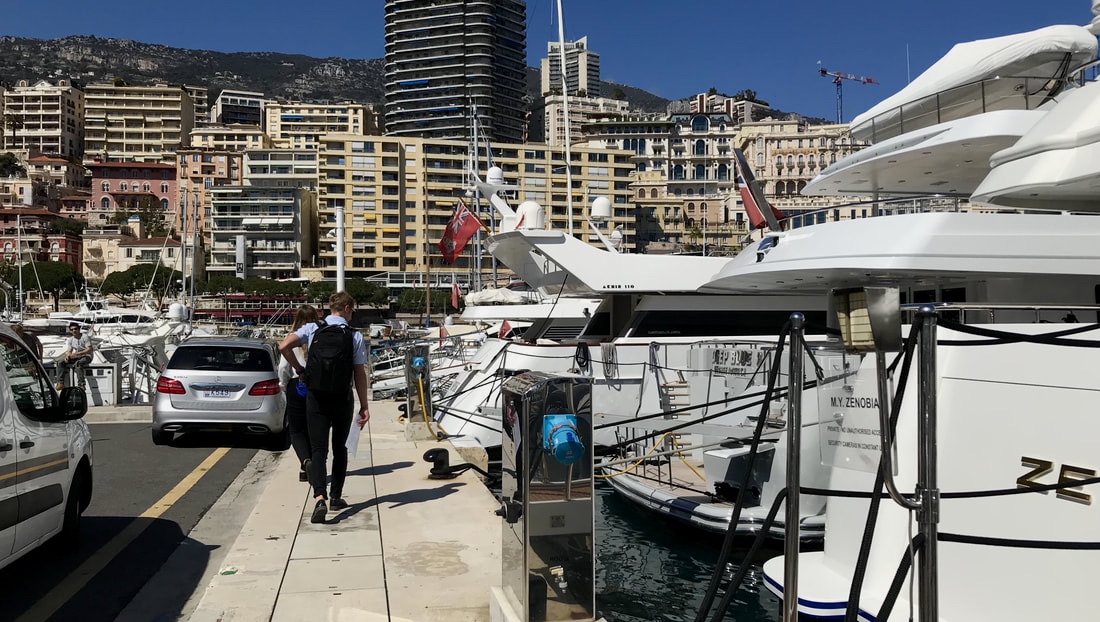 What dockwalking actually feels like What dockwalking actually feels like Emailing I found almost 90% of my job offers on the many yacht crew community pages (Palma Yacht Crew and Antibes Yacht Crew are the most active), and fired off message after message designed to place me above the other 120 applicants who saw the post in its first hour. This took trial and error, and what worked for one captain failed dismally with another. The format With much tweaking and rewriting, I suspect my housemate and I found a format that made us stand out. Sometimes that worked in our favour; sometimes not. The key is to lead the first sentence with one's main skills - her knowledge of sailing or my hospitality experience. Next, the facts. We are in the right area, with the right certificates and ready to move at the drop of a hat. I learnt to make my writing much less formal and to overuse exclamation marks. I hated myself each time and I’m still not over the shame of it. Next the contact details. Text is heavy on the eye (this post serves as evidence), so introducing space and bullet points help. There's a problem, however. I am new. I have no experience. I have nothing to offer. I include two attributes at the very top of the list that set me apart from other green crew: namely that I have realistic expectations about how intensive the work will be, and that I have a resilience to match this. I also include that I like cooking, a huge plus on smaller yachts, as many positions are combined with crew / guest meal preparation. This little line is what landed me my current position, one that is rapidly becoming ever more chef-intensive (not something I'm complaining about). I always attach my references with my CV - I can’t persuade someone I know anything without experience, but the companies and families I have served may be able to. The longer the letter, the better. Final analysisEntering yachting, even for these few months, has taught me much more about how to compete without competing. There is a way to rank first and add value without using the competition as a barometer. Boats work where there is common interest, and if you can land a crew with similar principles and hobbies, you’re halfway to an adventure already. The people make the experience, and despite all the goodbyes, the hellos are always exciting. It's impossible to hide anything in a shared room with 83 x 195cm floorspace - respect and co-reliance become automatic. I see something amazing everyday, and I make a mistake everyday. There is only one thing to be done, and that is to sit wide-eyed, open-eared, and be a sponge. I'm very fortunate that my current boat allows me to do that.
0 Comments
Leave a Reply. |
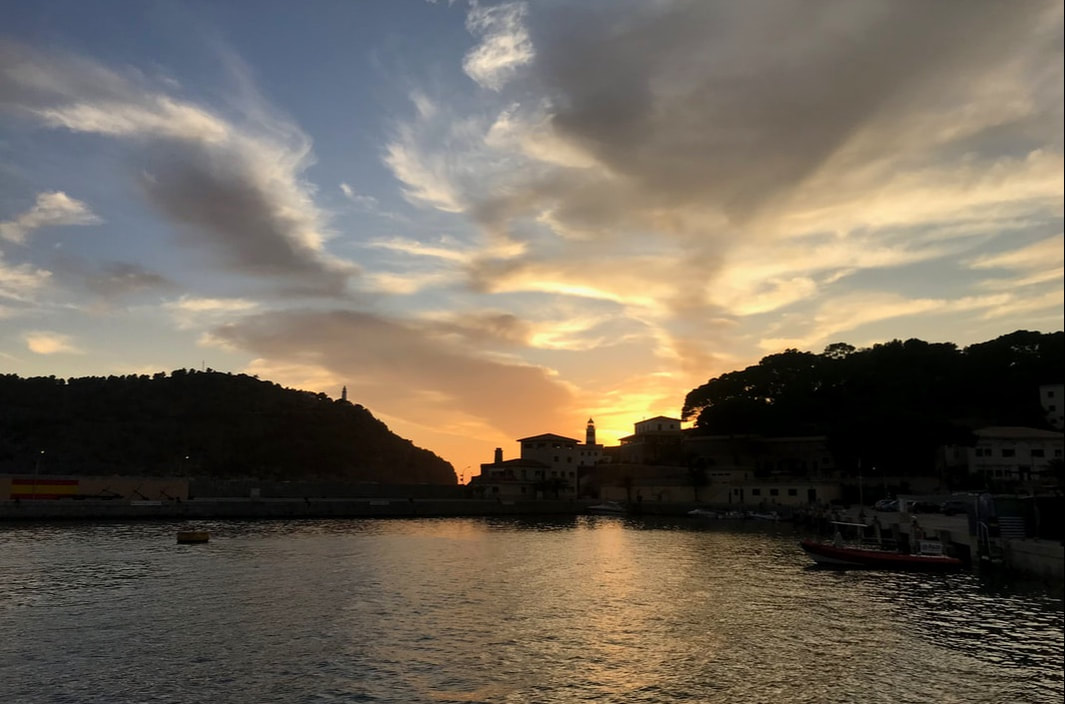
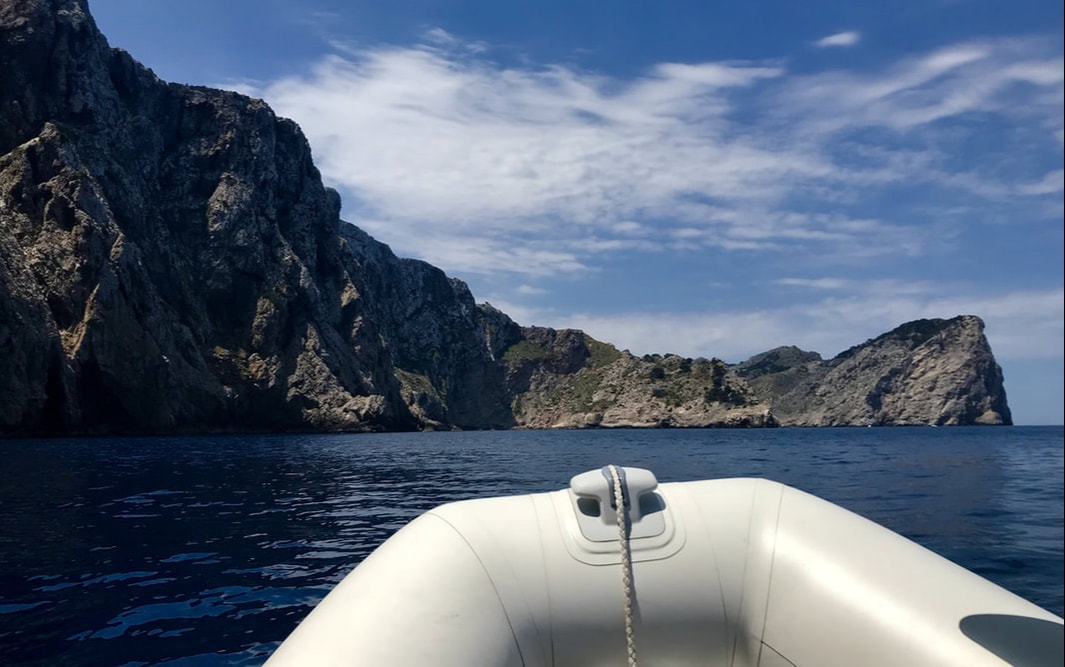
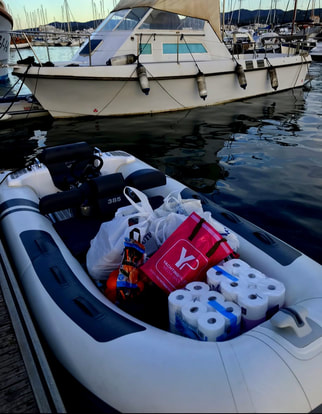

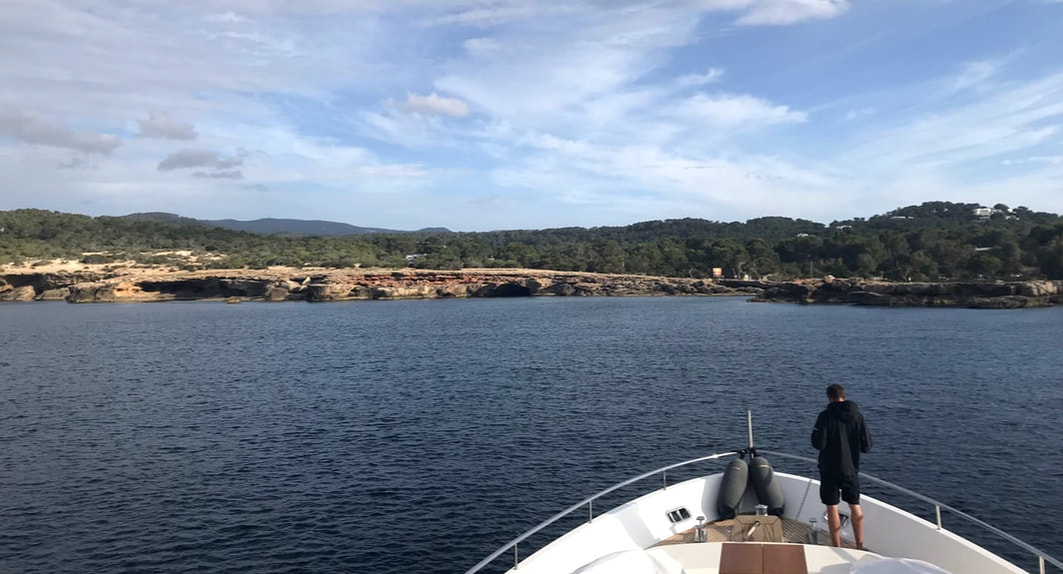
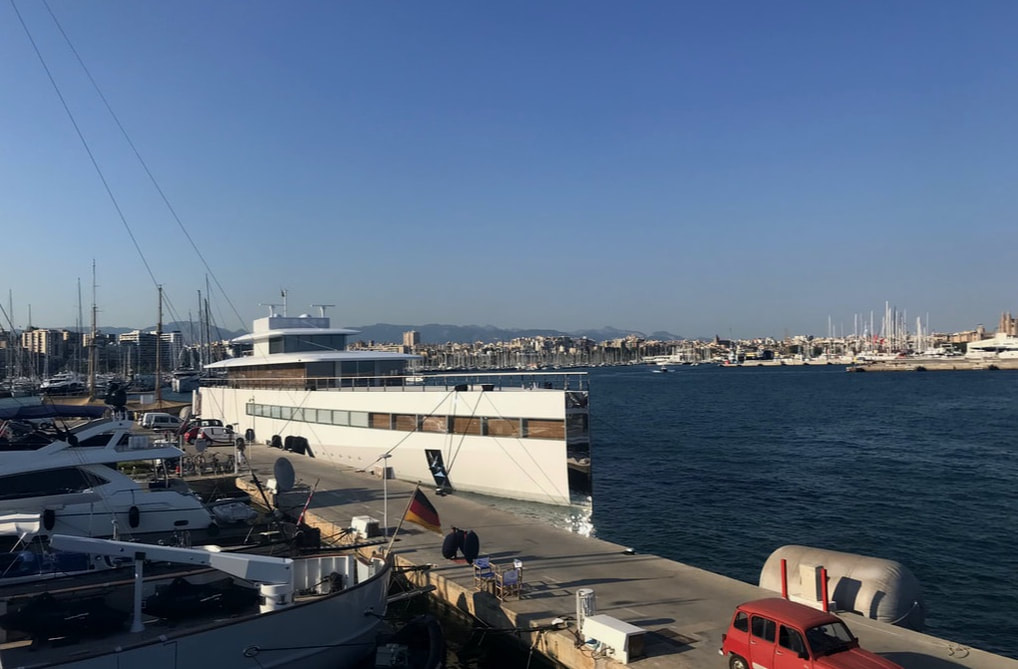

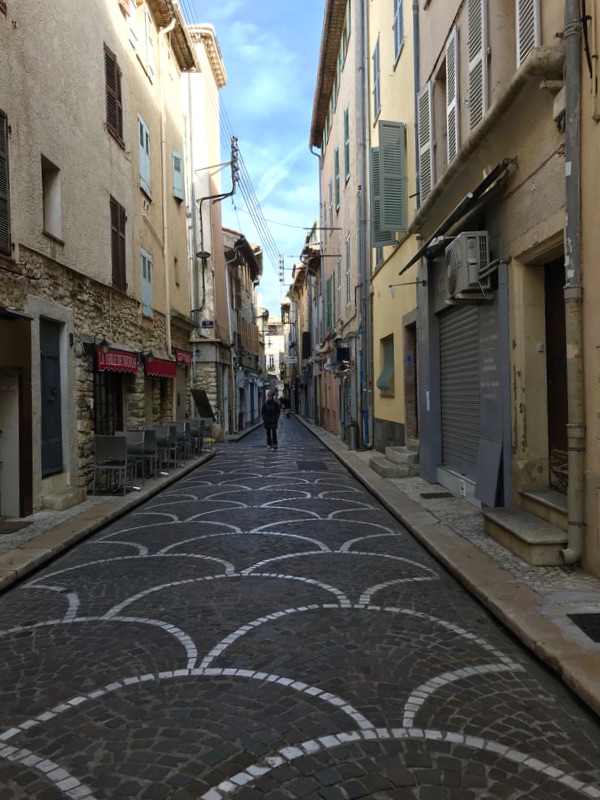
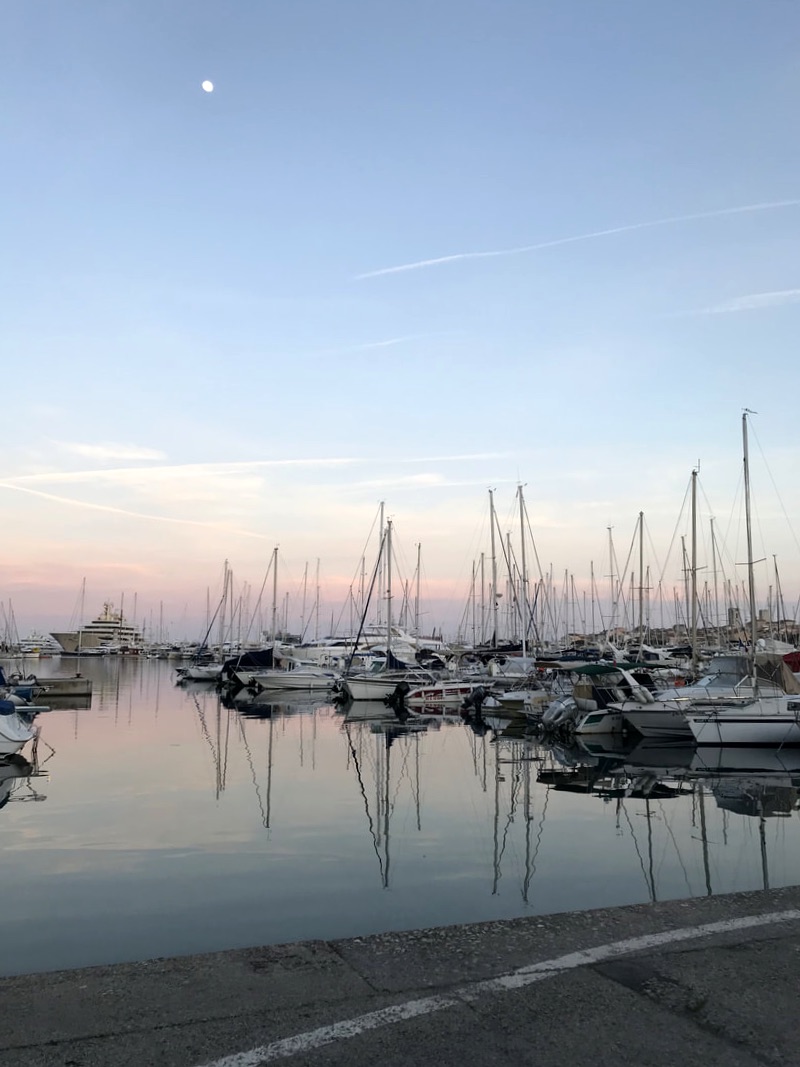
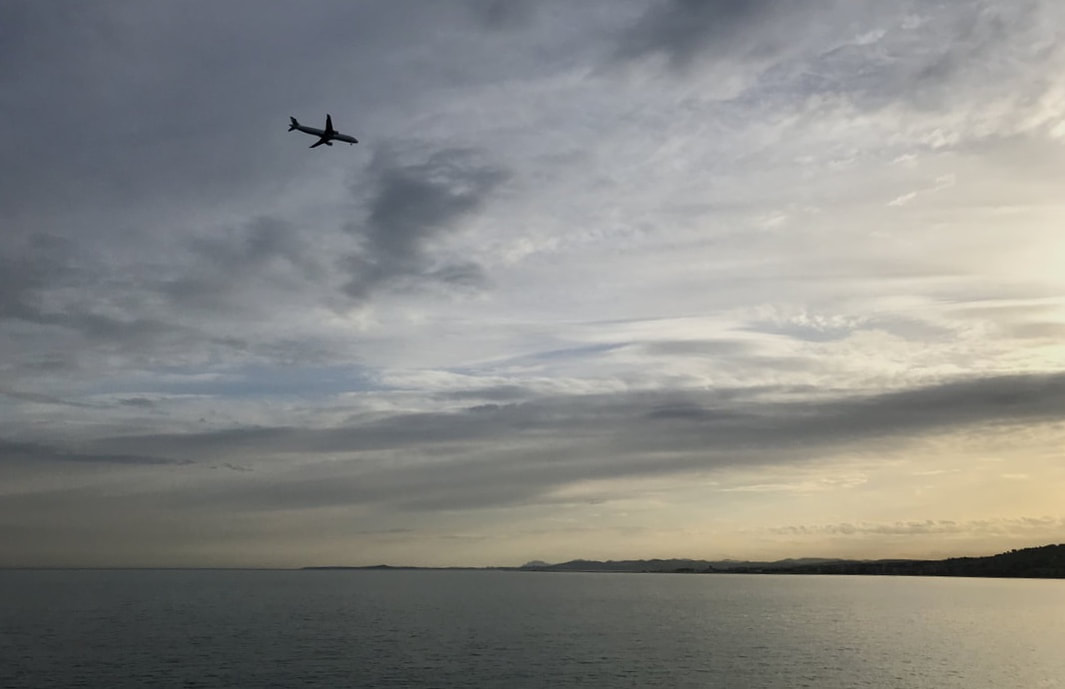




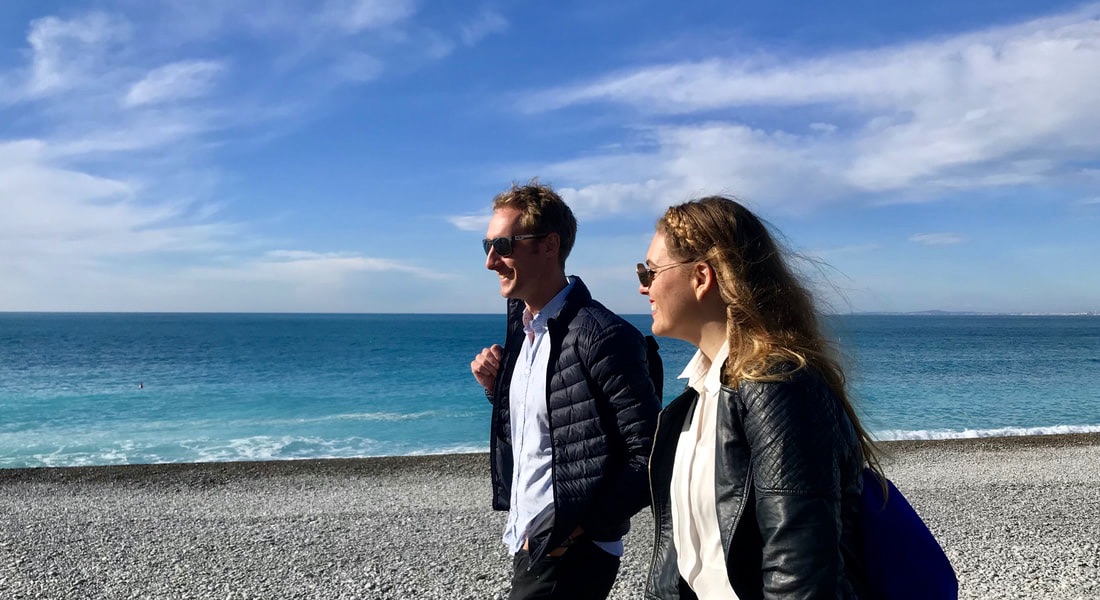
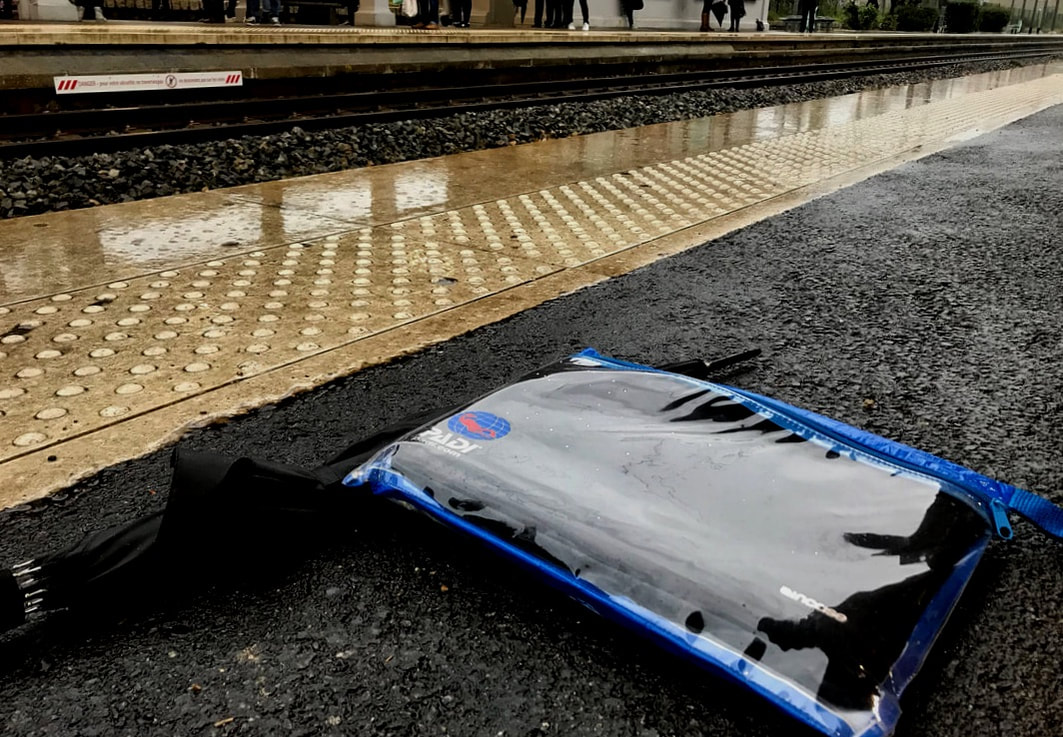
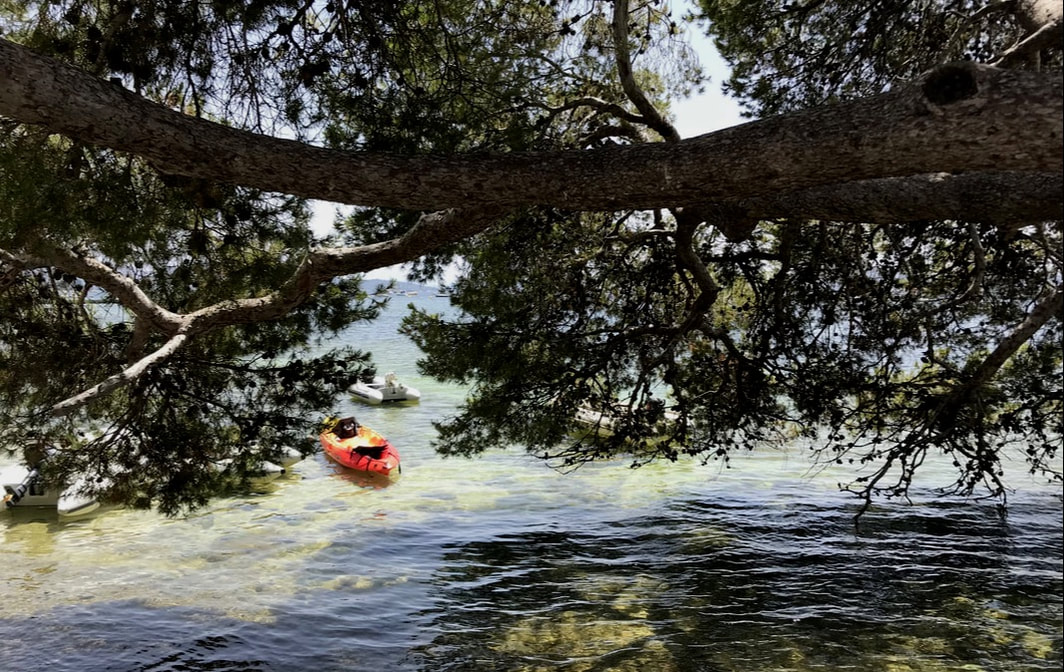
 RSS Feed
RSS Feed
